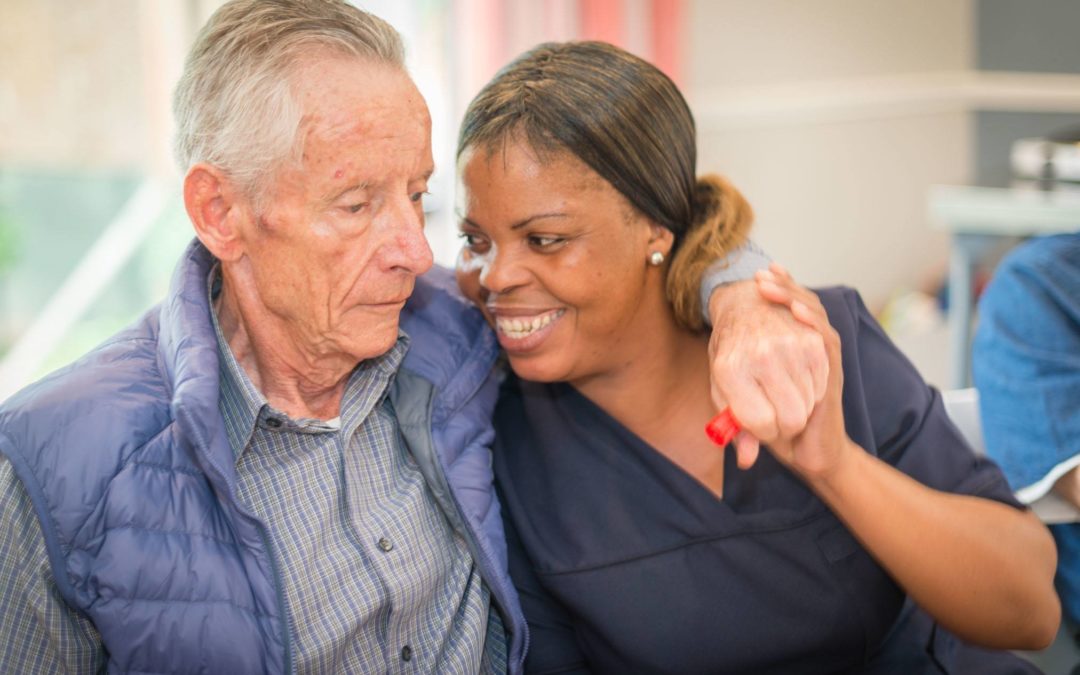Communication is a complicated and sensitive matter, especially when it involves a vulnerable person with a diagnosis such as dementia or another cognitive impairment. Persons with dementia have trouble expressing what their needs are and therefore involvement and collaboration between the family and the care facility is vital. I have been brainstorming how we can better communicate with families and how to ensure that there are no blurred lines or issues due to miscommunication. Please see some pointers below; I hope they can assist families and other dementia facilities.
As the facility:
- Be sure to communicate as soon as there is a change in the person living with dementia’s condition, such as an incident or a fall. Always aim to be as transparent as possible.
- Keep an open line of communication by using different methods of communication such as WhatsApp groups, emails, sms’s, and newsletters.
- Make time for communication and family meetings.
- Send monthly feedback to the whole family. This would include any changes in medication, sleeping patterns, eating, activity participation, mood, level of independence and mobility.
- Share photos with the family!
- Ensure there is a ‘go to person’ in the family; at times it is not realistic to expect the facility to contact everyone in the family and therefore it is recommended to have one primary contact person who can then share the information with other family members.
- Set meetings with the family when there is something that needs to be brainstormed regarding the resident. The family also needs to be part of the decision making and should be informed what the facility is doing in order to address a particular challenge.
- If there is conflict between the facility and the family ensure that this is addressed as soon as possible. Often conflict is a result of underlying pain and suffering.
As the family:
- It is recommended that the family specify what they would like feedback on; at times getting a phone call in the middle of the night with regards to a fall creates more anxiety for the family member. Communicate what your needs are with regards to feedback.
- Follow the right lines of communication. Due to shift changes and care provider rotations, getting feedback from the care provider at the facility may not be the best choice. Rather get in touch with the nursing leader or care management staff.
- The family and the facility should be on the same page in terms of what is being shared with the resident with dementia. Receiving contradictory information is very confusing for a person living with dementia.
- Give suggestions to the facility which can ultimately improve the resident with dementia’s quality of life.
- Seek support – this cannot be stressed enough! It is very difficult to see your loved one deteriorate and having a support system and someone to talk to is vital.
Collaborative relationships between families and facility staff members can reduce care giver burnout, feelings of guilt, anxiety and improve the quality of life of the resident living with dementia.
Lou-Ann van Heerden
Occupational Therapist
